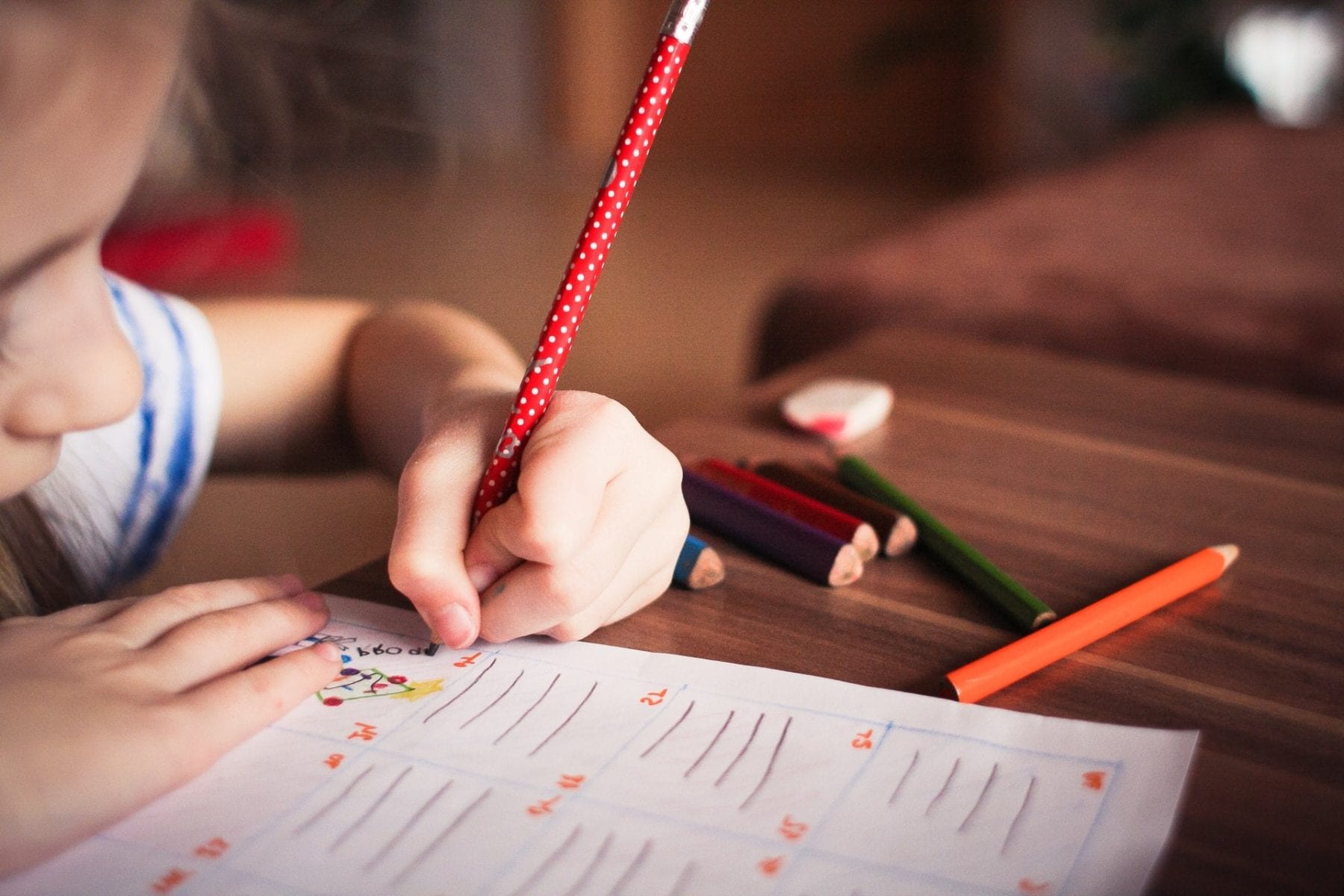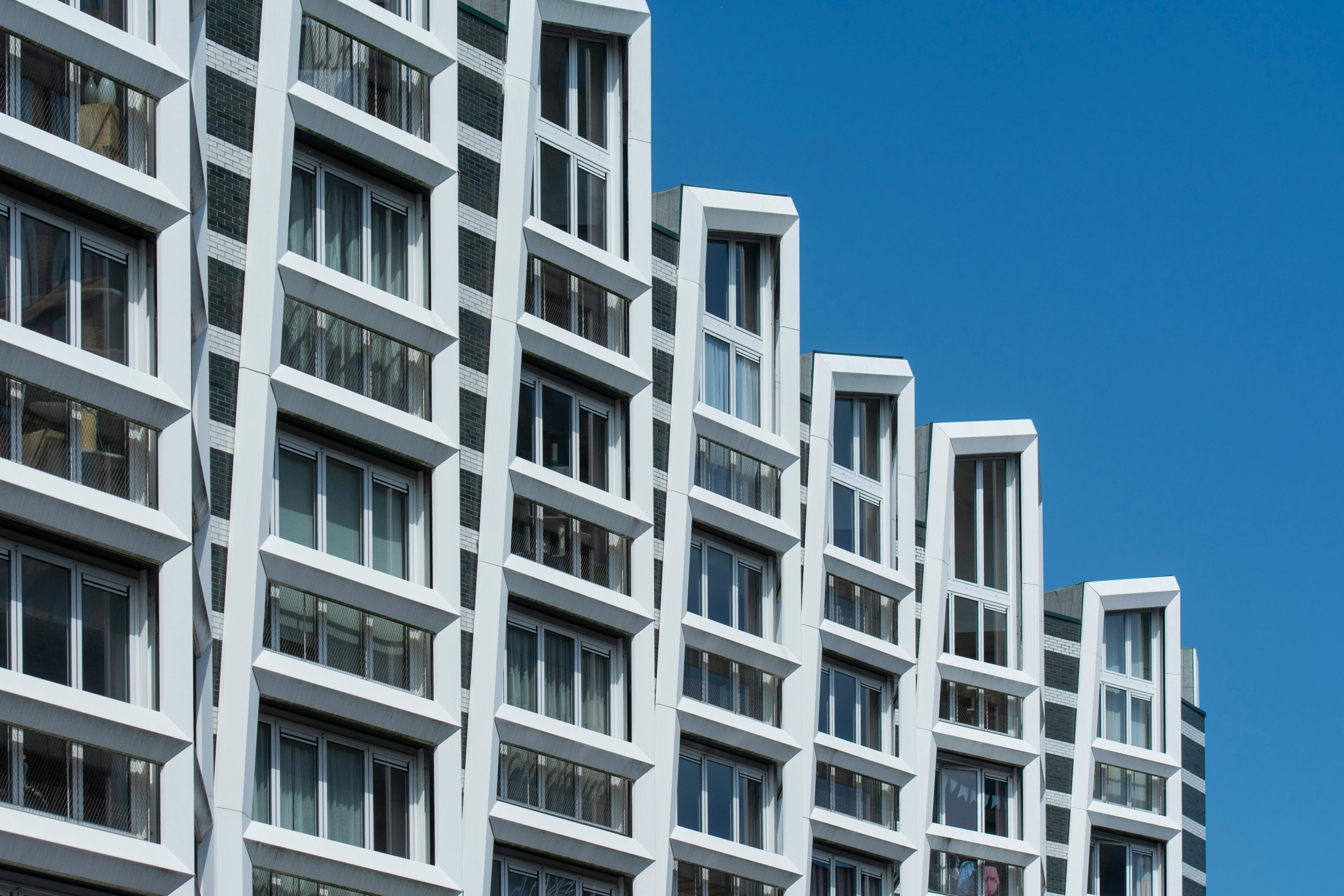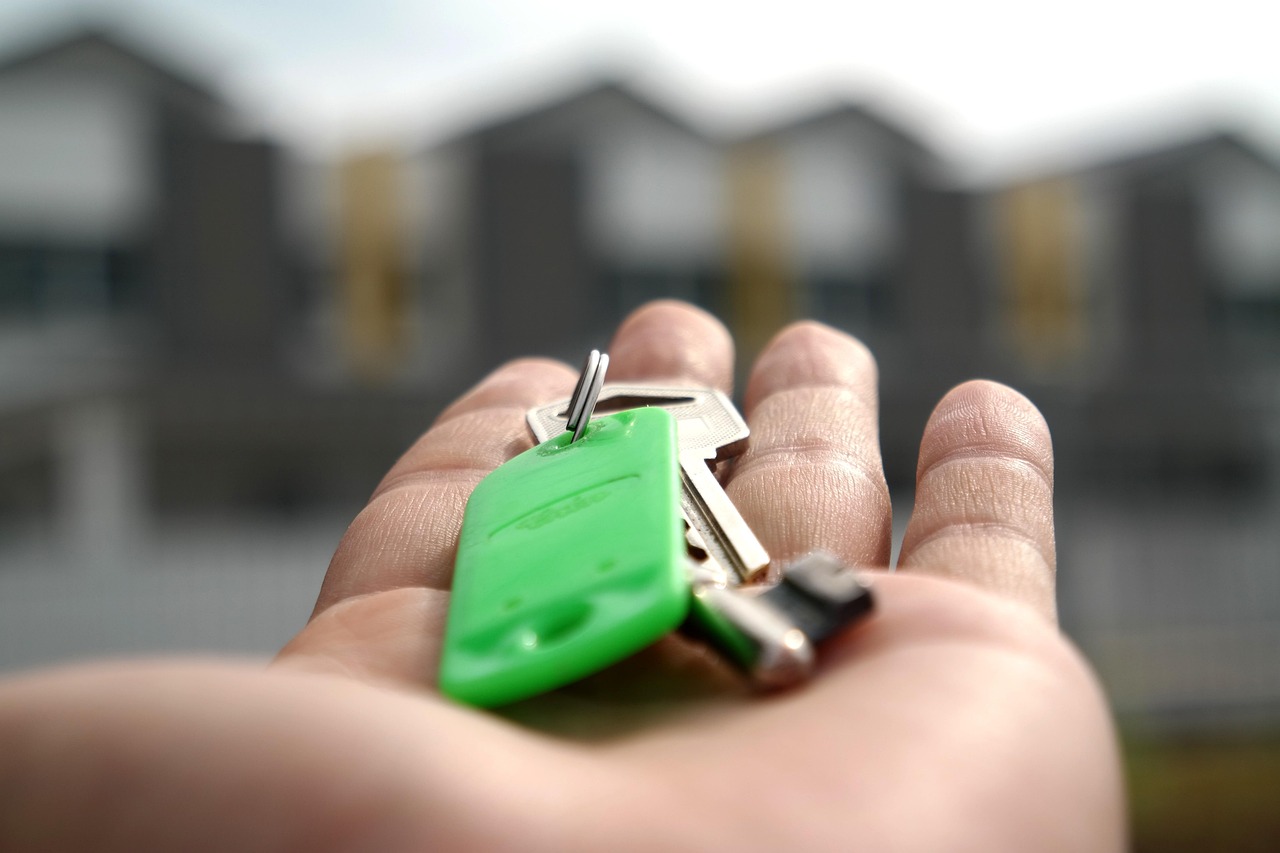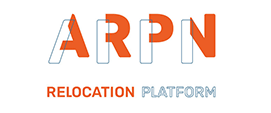
How does schooling in the Netherlands work?
Index
- Should we choose a Dutch school or an international school?
- Is public education good in the Netherlands?
- How does the education system in the Netherlands work?
- What is the difference between public and special schools and special education in the Netherlands?
- What is VMBO, MBO, HAVO, VWO?
- Can my child switch between the secondary education tracks?
- What are the costs for education in the Netherlands?
- Will my child need to speak Dutch to attend a local school?
- How can Anywr Netherlands help?
This depends on your budget, the length of your stay in the Netherlands and the age of your children. Our educational expert will guide you through this process.
In general, yes. The OECD compares compares education systems across countries. Highlights for the Netherlands:
– High levels of student performance, especially in reading and science.
– Strong access to early childhood education.
– Ongoing challenges in equity and inclusion, particularly for students with migrant (usually this concerns other groups than highly skilled migrants) backgrounds.
OECD report on education in NL.
Following Dutch law, children have to attend school between 5 and 18 years. However, most children start at 4 years. And children younger than 18 with a so-called start qualification (with at least HAVO or MBO diploma) are exempted from compulsory education.
– Primary education (basisschool): ages 4–12
– Secondary education (voortgezet onderwijs): ages 12–18, with different tracks (VMBO, MBO, HAVO, VWO)
– Tertiary education: universities of applied sciences (HBO) and research universities (WO)
In the Netherlands, there are public schools, which are non-religious and open to all. There are also special (bijzondere) schools, such as Christian, Islamic, or Montessori schools, which follow a specific philosophy or religious background. Additionally, there are international schools for expat children, and special education for children with additional learning needs.
In the Dutch secondary education system, students are placed in different tracks based on their academic level, but it’s possible to move between these tracks later on.
Four main tracks:
VMBO – preparatory vocational education -> switch possible to MBO with all diploma’s and HAVO with VMBO TL diploma.
MBO – secondary vocational education -> switch possible to HBO with diploma.
HAVO – general secondary education -> switch possible to HBO with diploma.
VWO – pre-university education -> switch possible to MBO (also without diploma), HBO and WO with diploma.
Students can move up if they perform well and meet the school’s criteria.
They can also move laterally or down if the current track doesn’t suit their learning style or pace.
Transitions often happen after the first or second year but can also occur later.
Public schools ask for a voluntary contribution, which can vary from a few tens to a few hundred euros per year.
Children new to the Netherlands who do not yet speak Dutch can join special language or newcomer classes. These are typically available for children aged six and up, while younger children integrate directly into regular kindergarten classes.
In cities like Amsterdam and The Hague, schools coordinate placements through centralized systems, and children generally spend one to one and a half years in a reception class before moving into mainstream education. These programs are free, though schools may request a voluntary contribution.
Anywr Netherlands assists many families. First step is a general intake, followed by a specific educational intake with our expert. Result is a tailormade advice and possibly we can arrange appointments at the schools of your choice. We can help you with the enrolment.






